POLITICS, LABOR, AND THE WAR ON BIG BUSINESS
ALSO BY DAVID BERMAN
Radicalism in the Mountain West, 18901920:
Socialists, Populists, Miners, and Wobblies
DAVID R. BERMAN
POLITICS, LABOR, AND THE
WAR ON BIG BUSINESS
THE PATH OF REFORM IN ARIZONA, 18901920
UNIVERSITY PRESS OF COLORADO
Boulder
2012 by University Press of Colorado
Published by University Press of Colorado
5589 Arapahoe Avenue, Suite 206C
Boulder, Colorado 80303
All rights reserved
Printed in the United States of America

| The University Press of Colorado is a proud member of the Association of American University Presses. |
The University Press of Colorado is a cooperative publishing enterprise supported, in part, by Adams State College, Colorado State University, Fort Lewis College, Metropolitan State College of Denver, Regis University, University of Colorado, University of Northern Colorado, Utah State University, and Western State College of Colorado.
 This paper meets the requirements of the ANSI/NISO Z39.48-1992 (Permanence of Paper).
This paper meets the requirements of the ANSI/NISO Z39.48-1992 (Permanence of Paper).
Library of Congress Cataloging-in-Publication Data
Berman, David R.
Politics, labor, and the war on big business : the path of reform in Arizona, 1890-1920 / David R.
Berman.
p. cm.
Includes bibliographical references and index.
ISBN 978-1-60732-181-1 (hbk. : alk. paper) ISBN 978-1-60732-182-8 (ebook)
1. ArizonaPolitics and governmentTo 1950. 2. PopulismArizonaHistory20th
century. 3. Progressivism (United States politics)History20th century. 4. Labor unions
Political activityArizonaHistory20th century. 5. Big businessArizonaHistory20th
century. I. Title.
JK8216.B474 2012
320.979109041dc23
2012012360
Design by Daniel Pratt
21 20 19 18 17 16 15 14 13 12 10 9 8 7 6 5 4 3 2 1
In memory of John P. White
Figures
Following
Preface
On a broad level, this book is a study of the political and economic response to the emergence of corporate capitalism in the sparsely settled territory and state of Arizona during the years 1890 to 1920. It covers a period generally referred to as the Populist-Progressive era, focusing on a set of reforms tied together by a desire to curb the economic and political influence of large corporations, especially railroad and mining companies owned or controlled by people outside Arizonas boundaries. I refer to this as the anti-corporate reform effort.
Arizona Populists articulated the anti-corporate reform program in the 1890s. The program was picked up and expanded upon by the Socialist Party in the early 1900s and by the Democratic Party under the leadership of George W.P. Hunt, starting in the first decade of the twentieth century and extending to around 1915. Throughout this roughly thirty-year period the reform effort was inspired and supported by a left-wing labor movement. It was all the more potent because of its ties to anti-colonial, anti-eastern feelings, the emergence of labor discontent in mining areas, and the existence of a political party system that for various reasonssuch as the small size of the populationwas unusually favorable to third-party activity.
Anti-corporate reformers sought to curtail the political influence of large corporations by democratizing the political system through procedural changes featuring the adoption of the initiative and referendum. Once in power, they hoped to make the corporations pick up a greater and more equitable share of the tax load and to limit their ability to control the conditions of employment. More broadly, the goal of securing greater control was to create a more positive governmentone more willing to regulate the economy and provide for the general welfare. At the industrial level, the reform effort was directed toward giving workers greater control over their jobs. The issue of unionization was fought out, sometimes with considerable violence, in direct confrontations between employees and employers.
This book examines the way the effort unfolded over that thirty-year period, what it sought to achieve, the opposition it provoked, what it accomplished or failed to accomplish, and its overall significance. Putting the study in a broader context, attention is also drawn to how the movement was shaped by other drives and causesespecially those involving woman suffrage, prohibition, capital punishment, prison reform, and Hispanics struggle for economic and political justice. Arizona is not looked upon as part of a flawless West; racism, gender discrimination, class conflict, repression of political dissenters, vigilantism, and violence are all part of the larger story.
In the midst of all this, Progressivism in Arizona also had shortcomings, especially when it came to the rights of minorities. For many reform-minded individuals, being against Hispanic workers was part of the battle against the corporations, and being against Hispanic voters was part of the battle against Republicans. Still, contrary to much that has been written about Progressivism generally, the movement in Arizona as represented by the anti-corporate effort was a genuine and important force that sought andin spite of the opposition of big businessbrought more corporate taxation and regulation, working-class benefits, and democracy.
Arizonas brand of Progressivism as reflected in this effort stands out in the extent to which it was influenced by organized labor, third parties, and Socialist activists. To a considerable extent, though, the effort rested on the actions and achievements of George W.P. Hunt, leader of the Progressive/labor Democrats, president of the states Constitutional Convention, and the states first governor. Hunt, a political figure who deserves greater recognition, led a small group of enthusiasts who captured and for a time remade the Democratic Party into a party of reform.
This book builds on my previous work on Arizona politics and political radicalism. It draws upon general Arizona histories, studies of specific events and individuals, and relevant works on Populist-Progressive era politics, industrial relations in mining areas, and corporate regulation in an effort to integrate previous research. In my search for Arizona material, I examined a large number of newspapers of the period, including several relatively rare ones that had been recently digitized. I also drew upon several previously unexamined letters and documents found in archival sources in Arizona and around the country. It is hoped that the book will provide an inside look into the politics of the period, especially the nature of the interactions between politicians and corporate leaders and their representatives.
As always, I am indebted to a great many archivists, especially at Arizona State University (Tempe), the University of Arizona (Tucson), Northern Arizona University (Flagstaff), Sharlot Hall Museum (Prescott), the Arizona Historical Society (Tucson), and the State Library and Archives (Phoenix). I am also indebted to these scholars for their comments and suggestions on various drafts of this manuscript: Katherine Benton-Cohen, David Brundage, Daniel Herman, Robert D. Johnston, and Heidi Osselaer. For all other types of assistance, my thanks go out to the Emeritus College, Arizona State University, and my wife, Susan.


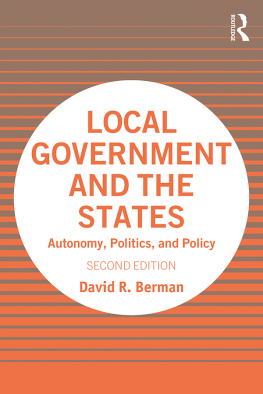
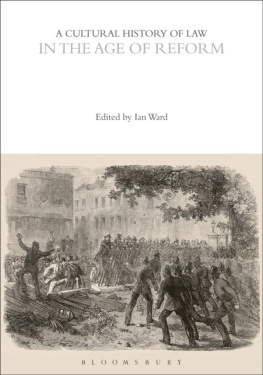
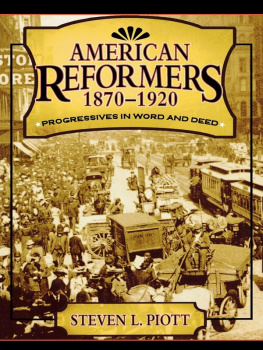
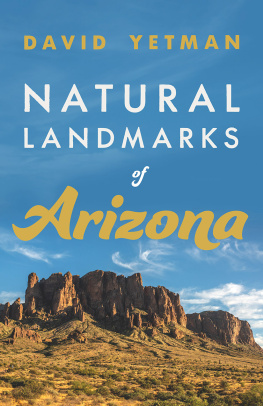
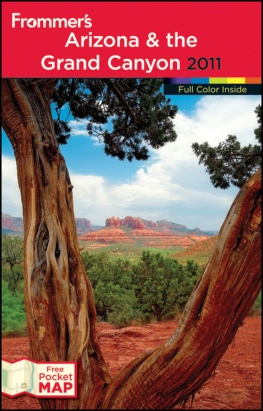
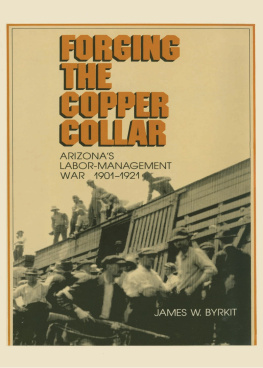
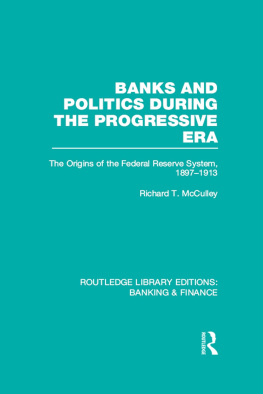

 This paper meets the requirements of the ANSI/NISO Z39.48-1992 (Permanence of Paper).
This paper meets the requirements of the ANSI/NISO Z39.48-1992 (Permanence of Paper).